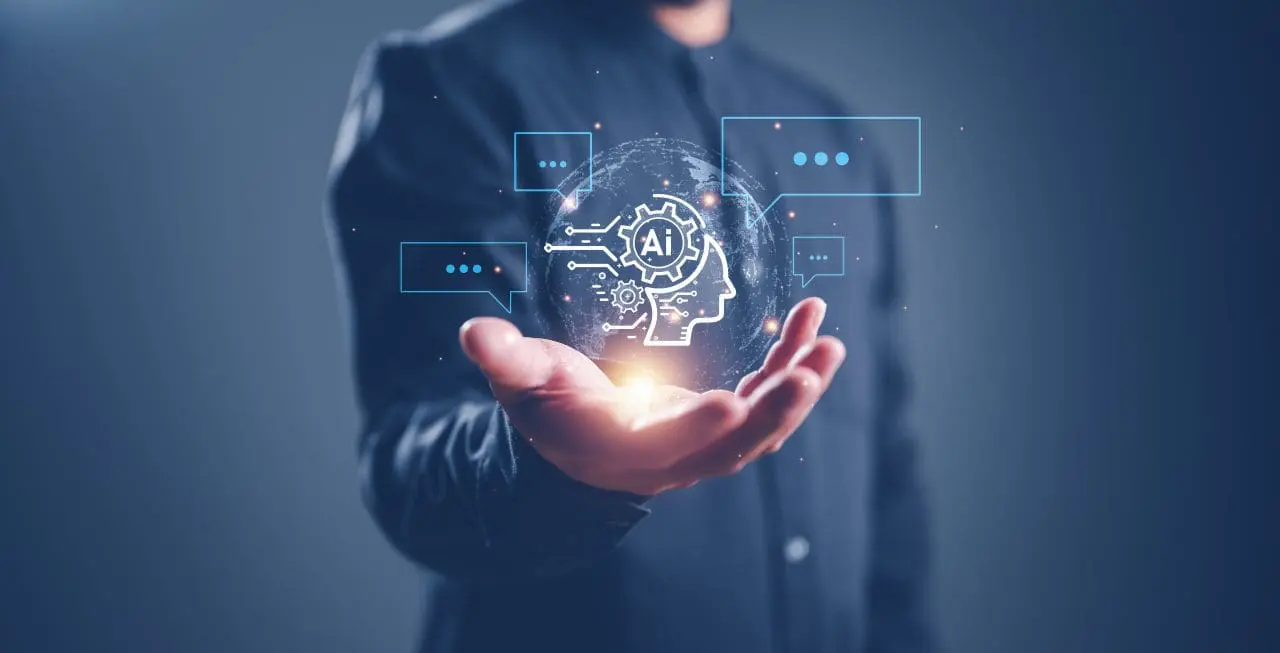

Artificial Intelligence (AI) has revolutionized our modern world, creating a more efficient and sophisticated way to process information. It has enabled us to automate complex tasks and solve difficult problems faster than ever before. AI has also changed how humans communicate with each other, allowing us to access information from around the globe in real time. But what implications does this have for humanity? Despite all these advances, AI raises important ethical questions regarding its potential impact on society, such as how it might shape our decision-making processes and even our moral values. In order to fully understand the implications of AI’s use in society, we must first examine the relationship between AI and humans.
With AI technology advancing rapidly, it is clear that there are a variety of potential applications. However, one of the most exciting possibilities is its use to create positive change in our world. For instance, AI could be used to help reduce income inequality, combat climate change, or even deliver life-saving medical treatments more effectively. Additionally, AI can be used to support human decision-making processes by providing valuable insights into data that would otherwise take considerable time and effort to analyse manually. This sort of technology has great potential for driving positive social impact if utilised correctly; however, it also raises important considerations regarding privacy, security, and data ownership.
In order for AI to flourish and drive positive social impact, it must be properly regulated and governed. This is a complex issue that requires a global approach to ensure all countries are held accountable for their use of the technology. Governments should therefore have clear policies in place which provide guidance on acceptable development practices, as well as outlining any potential consequences for misuse of AI-enabled systems. Additionally, businesses must take responsibility for using AI responsibly by ensuring they adhere to ethical standards and comply with any necessary regulations or laws. Finally, civil society organisations need to collaborate with stakeholders from both the public and private sector in order to ensure the effective governance of AI.
As one of the leading countries in Europe for artificial intelligence (AI) research and development, the United Kingdom is well-placed to play a major role in advancing global initiatives in this field. Recently, the UK government announced its intention to host the world’s first AI summit in 2021, which is set to bring together experts from around the world to tackle some of the pressing issues facing AI today. This event will provide an invaluable platform for knowledge sharing and collaboration between governments, businesses, civil society organisations and academics; it could also be used as a springboard for further international efforts towards developing ethical, responsible and effective governance of AI.
Advances in technology such as machine learning, natural language processing and robotics are providing researchers with new ways to explore the potential applications of AI. By harnessing these innovative technologies, it is possible to develop novel solutions for a range of challenges including climate change, healthcare and education. With this in mind, the UK has committed significant resources towards promoting research into artificial intelligence; funds have been allocated for setting up dedicated research centres across the country and encouraging collaborations between industry and academia. Through its actions, the nation is helping to drive progress on AI initiatives at an international level and has set itself up as a hub for leading-edge research in the field.
The UK is set to host the world’s first international Artificial Intelligence (AI) summit in 2021, marking a major step forward in global efforts to regulate and govern this powerful technology. This event will bring together experts from around the globe to discuss topics related to AI ethics, governance and regulation, as well as opportunities for collaboration among countries looking to create positive change on a global scale. By creating a platform for leading-edge thinking and sharing of best practices, this summit could be used to jumpstart progress towards developing effective regulations that ensure ethical use of AI technologies.
As artificial intelligence (AI) technology develops at an increasingly rapid pace, countries across the world are looking for ways to collaborate more effectively on projects that could benefit from this new technology. By pooling resources and expertise, nations can develop innovative solutions and share knowledge more easily. The upcoming international AI summit in 2021 is a great opportunity to facilitate such collaboration among countries; by providing a platform for open dialogue between stakeholders, governments can reach agreements around specific initiatives and exchange best practices on governance and regulation of AI-enabled systems. In addition, multinational companies could use the summit as an opportunity to form networks with other organisations in order to drive progress on AI-related projects.
As AI technology becomes increasingly embedded in our everyday lives, it is important to take stock of both the benefits and challenges associated with this development. On the one hand, there are numerous potential positive outcomes from using AI; for example, it can help to reduce costs in certain industries or provide more accurate decisions than humans alone could make. However, there are also ethical considerations that must be taken into account when integrating AI into society; for instance, how should data privacy issues be addressed, particularly when personal information is involved? Despite these challenges, it is clear that by taking a responsible approach to developing and regulating AI, we can reap the benefits while minimising any potential risks.
As our understanding of artificial intelligence (AI) improves, it is clear that this technology has the potential to revolutionise many aspects of our lives. From improving education systems to providing better healthcare services, AI could help us make huge strides in tackling some of society’s most pressing issues. However, with such revolutionary new technology comes responsibility; governments must ensure that any regulations governing its use are effective and well-enforced. At the same time, civil society organisations need to put forward proposals for ethical standards that protect individuals.


